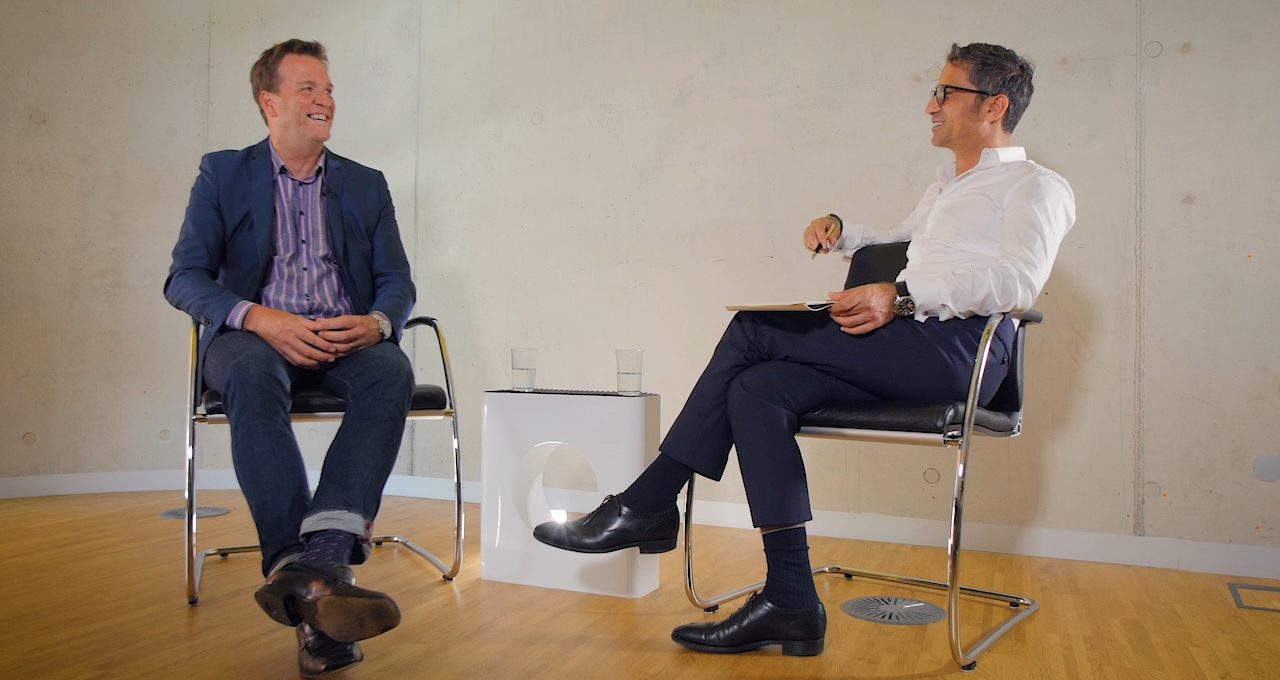I met with Mike McIlwrath on July 18, 2018 to record my first Podcast for my “School of Dispute Management” at the occasion of the 4th edition of the IBA-VIAC Consensual Dipsute Resolution Competition (CDRC) in Vienna.
Mike and I are members of the International Advisory Board of the IBA-VIAC CDRC and we share a passion for training and inspiring the next generation of dispute resolution professionals.
I could not think of anybody better suited to kick off this podcast series than Mike. Mike has made an exceptional career in the field of dispute resolution and has built a reputation for himself as a thought leader shaping the future of dispute resolution around the globe.
Mike currently holds the position of Associate General Counsel Litigation of Baker Hughes, a GE conpany. He is an author of books, book reviews, articles and blogs on topics relating to litigation, arbitration, mediation and negotitation. Mike hosts the CPR International Dispute Negotiation (IDN) podcast series and is one of the masterminds and incumbators of the Global Pound Conversation Conference Series.
In this podcast, Mike shares with us:
- that the training that best preapred him for his job was not legal training, but rather a deep sea scuba diving training
- how he succeeded to handle hundreds of complex and high-stake disputes around the globe simoultaneously in his former role as Global Chief Litigation Counsel of GE Oil & Gas
- the importance of recognicing the life cycles of disputes and his insight that the longer a conflict persits, the higher the risks become
- the great value of early case assessment tools
- that negotiation and project management skills are indispensible for dispute resolution professionals today
- that love and passion for what you do are the keys to success.
This podcast series is aimed at contributing to the development of a a dscipline which I refer to as a “School of Dispute Management”.
I understand Dipsute Management as the deliberate development and execution of a plan for handling disputes.
My understanding of this “School of Dispute Management” is built on four pillars:
- traditional know-how and skills (e.g. law, economics, psychology, advocacy, etc.)
- analytical tools (e.g. early case assessment, decision tree analysis, big data analysis, etc.)
- efficiency tools (e.g. project management, e-discovery, etc.)
- communication.
In my Podcast Series on Dispute Management, I speak with dispute professionals from around the world about if and how these four pillars shape their current and future work.
